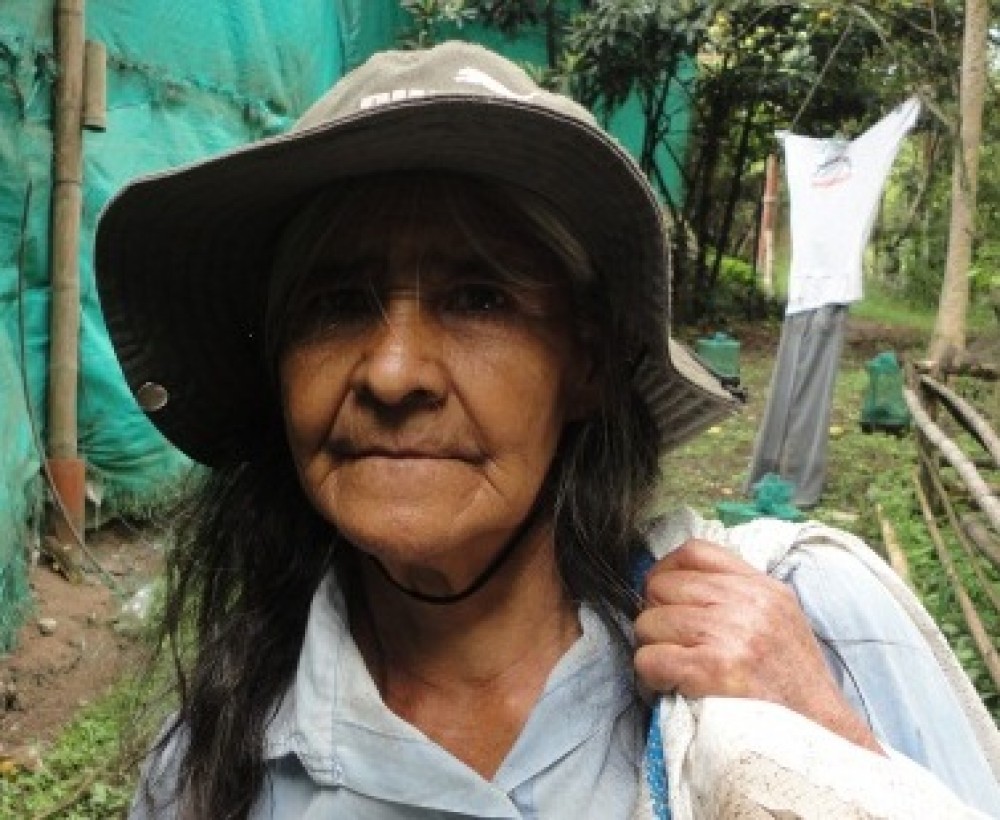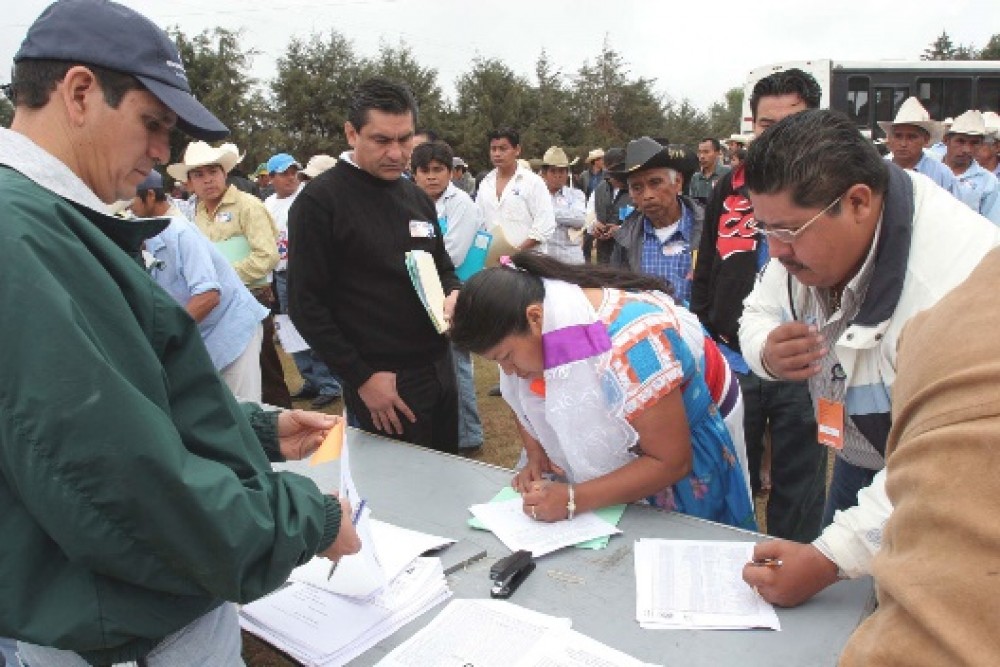Institutional and Fiscal Analysis of Lower-level Courts in Solomon Islands
Justice interventions in Solomon Islands
over the last decade have focused largely on assisting
Honiarabased state institutions in the form of a variety of
capacity-building programs. This has included a heavy
reliance on expatriate expertise positioned in central
justice agencies. The National Judiciary has benefited
significantly from this support, although to date the direct
effects of increased assistance have not been felt in most






